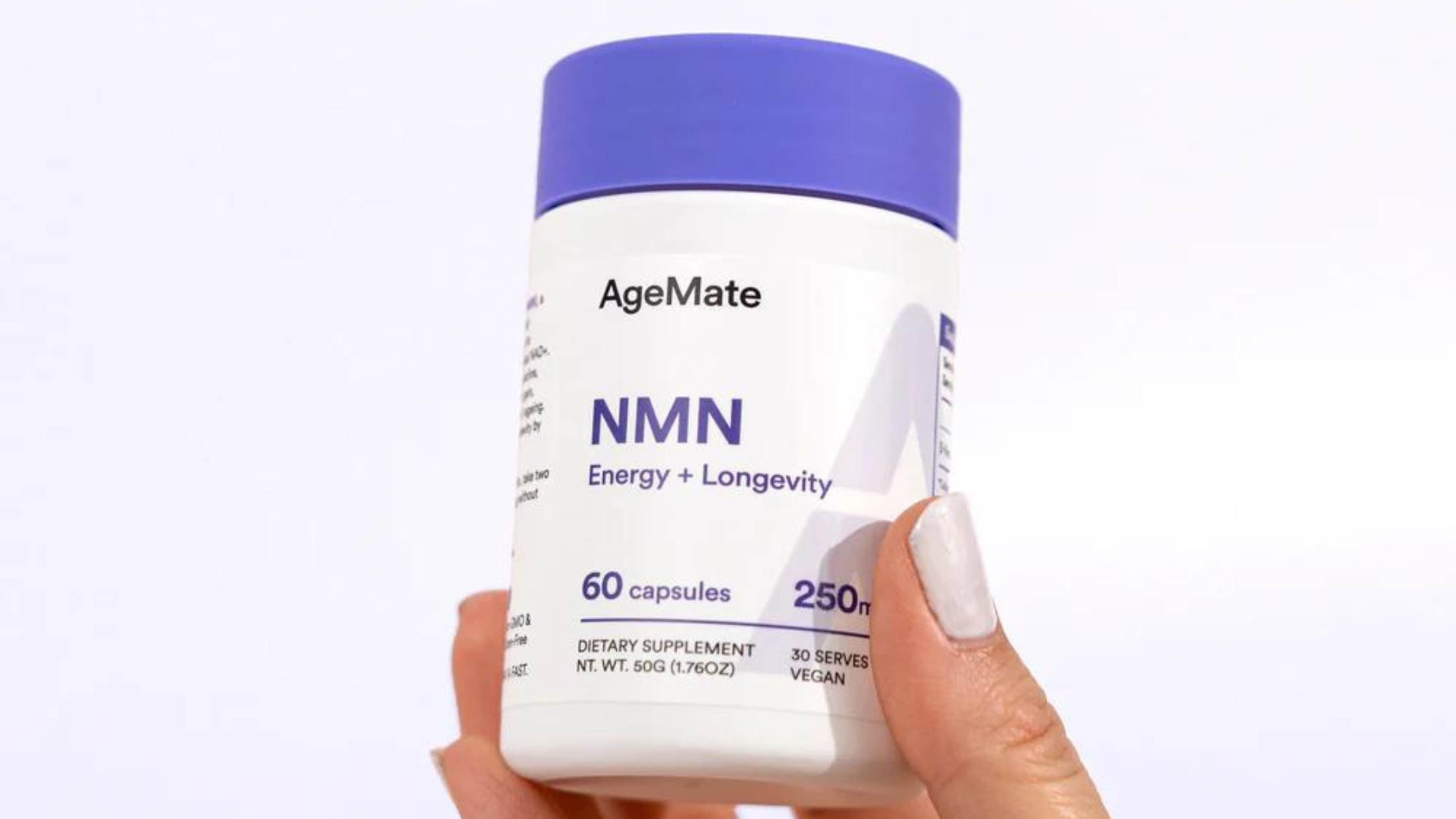Key Takeaways:
- Glycogen, stored in the liver and muscles, is the body’s energy reserve and is essential for stable energy levels.
- Proper glycogen management supports blood sugar regulation and metabolic health, promoting longevity.
- Advanced tests can measure glycogen levels, providing insight into how your body utilises energy.
Glycogen is more than just an energy reserve—it’s a crucial part of metabolic health that can influence everything from your blood sugar levels to your ability to bounce back from intense workouts. In this blog, we’ll explore what glycogen is, its functions, and how maintaining healthy glycogen levels can support longevity.
What Exactly is Glycogen?
Glycogen is a complex carbohydrate made up of long chains of glucose molecules. As the storage form of glucose, glycogen acts as an energy reserve that can be broken down quickly to provide glucose when your body needs it most. This typically happens during fasting periods or intense physical activity when blood sugar levels start to drop (R).

Glycogen, Glucose, and Glucagon: What’s the Difference?
These three terms are often confused, but they play distinct roles in energy metabolism:
- Glucose is a simple sugar that serves as the primary fuel source for the body.
- Glycogen is the storage form of glucose, kept mainly in the liver and muscles.
- Glucagon is a hormone that signals the liver to convert glycogen back into glucose when blood sugar levels are low.
Understanding the relationship between these components is crucial for appreciating how your body balances its energy needs.
Is Glycogen Considered a Carbohydrate?
Yes, glycogen is classified as a carbohydrate. More specifically, it is a polysaccharide—a type of complex carbohydrate composed of multiple glucose units linked together. This structure allows it to be quickly mobilised when your body requires an immediate energy source.
Where is Glycogen Stored in the Body?
Glycogen is stored primarily in two areas:
- Liver: Liver glycogen helps maintain stable blood sugar levels, especially during fasting or between meals. It’s used to provide glucose to all organs, including the brain.
- Muscles: Muscle glycogen is used locally by muscle cells for energy during physical activity. Unlike liver glycogen, it cannot be converted back to blood glucose, making it a dedicated energy source for muscle contraction.

The Function of Glycogen: How Does It Support Your Health?
Glycogen is the body’s main energy reserve, ensuring that glucose is available for critical functions like brain activity, muscle contractions, and maintaining stable blood sugar levels. By acting as a buffer, glycogen helps prevent drastic fluctuations in blood glucose, protecting against hypoglycaemia and insulin resistance.
The Unique Role of Liver Glycogen in Health and Longevity
Liver glycogen has a unique function in maintaining overall metabolic health. It acts as the primary regulator of blood glucose levels, releasing glucose into the bloodstream as needed. This process is particularly important during periods of fasting or intense exercise when blood sugar levels might otherwise drop too low.
Maintaining healthy liver glycogen levels through balanced nutrition and exercise can promote better blood sugar management, reduce the risk of diabetes, and support healthy ageing (R).
Muscle Glycogen and Its Link to Physical Performance
Muscle glycogen plays a crucial role in fuelling physical activity, especially during high-intensity exercise. As you age, muscle mass naturally declines, leading to reduced muscle glycogen stores.
This decline can impact overall physical performance and contribute to age-related conditions like sarcopenia (R). By engaging in regular strength training and consuming sufficient carbohydrates, you can help maintain muscle glycogen levels, which in turn supports better muscle health and longevity.
How Glycogen Relates to Longevity
Efficient glycogen storage and utilisation are strongly tied to metabolic health, a key predictor of longevity. Proper glycogen management helps regulate blood sugar levels, prevents insulin spikes, and reduces oxidative stress—all factors that contribute to healthy ageing (R, R).
Research has shown that maintaining adequate glycogen levels through regular physical activity and a balanced diet can extend your health span, the number of years you live in good health.
For instance, studies have found that high-intensity interval training (HIIT) can increase glycogen storage capacity and enhance metabolic flexibility. This means your body becomes better at switching between using carbohydrates and fats for fuel, a process linked to improved longevity and reduced risk of chronic diseases (R).

What Tests Check Glycogen Levels?
Understanding your glycogen levels can provide valuable insights into your health and help tailor a personalised diet and exercise plan. Here are some tests that measure glycogen:
- Magnetic Resonance Spectroscopy (MRS): A non-invasive imaging technique that can measure liver and muscle glycogen concentrations.
- Muscle Biopsy: This invasive method involves taking a small sample of muscle tissue to analyse its glycogen content.
- Blood Tests: While not a direct measure of glycogen, fasting blood glucose and insulin levels can provide clues about how well your body stores and utilises glycogen.
Supporting Glycogen Health for Longevity
Want to keep your glycogen levels in check and support your longevity goals? Here are some simple strategies:
- Engage in Regular Exercise: Both aerobic activities and strength training exercises help enhance glycogen storage capacity.
- Eat a Balanced Diet: Include a mix of complex carbohydrates, lean proteins, and healthy fats to support glycogen synthesis and overall health.
- Prioritise Rest and Recovery: Ensure you get adequate rest, especially after intense workouts, to replenish depleted glycogen stores.
Conclusion
Glycogen isn’t just a backup energy source—it’s a fundamental aspect of your body’s ability to regulate energy and maintain metabolic health. By optimising your glycogen levels through proper diet, exercise, and testing, you can take proactive steps to support healthy ageing and a long, vibrant life.
Looking for a way to support glycogen balance and optimise your energy levels? Try The Longevity Blend—specially formulated to enhance metabolic health, promote healthy ageing, and boost overall vitality.





